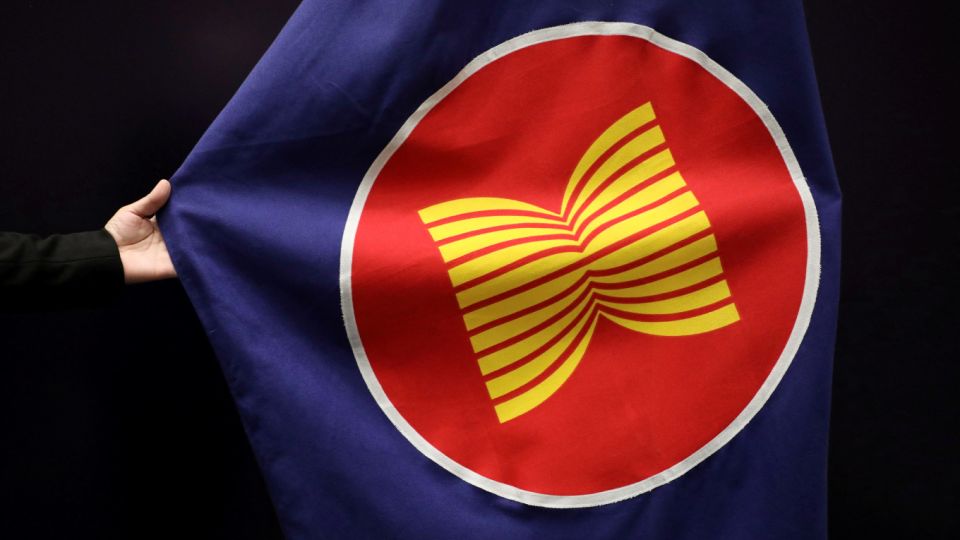September 7, 2022
JAKARTA – On the backdrop of a yearslong pandemic, which has seen heightened social anxiety and tensions, a survey has found that the majority of ASEAN thought leaders believed that the region and their respective countries are socially cohesive.
A regional study by the Singapore-based S. Rajaratnam School of International Studies (RSIS) found that 69 percent of those surveyed in Southeast Asia saw a “strong” social cohesion, with 13 percent seeing it as “weak”.
The inaugural research study was conducted via 20-minute online questionnaires to a total of 1,000 respondents – 100 from each 10 ASEAN member countries – from Feb. 10 to April 6 earlier this year.
Respondents surveyed were people who were considered to have expertise in academics, the public sector, businesses, civil society and religious organizations.
The researchers said the study’s framework was built around the idea that a country’s social cohesion can be understood, among others, in terms of attitudes and behaviors of its citizens, characterized by resilience of relationships between them and whether there is a focus on the common good of everyone.
“Of the three domains, [respondents say] social relations had the strongest influence on social cohesion in Southeast Asia. Focus on the common good had the least impact in the region,” said Paul Hedges, associate professor of interreligious studies at the RSIS.
The research report was launched Tuesday as part of the International Conference on Cohesive Societies organized by the RSIS and supported by the Singaporean Ministry of Culture, Community and Youth.
In her opening remarks for the conference, Singapore’s President Halimah Yacob said that the pandemic deepened fault lines in societies across the world when what was urgently needed to recover from the pandemic was collective action and cooperation.
“This reminds us that social cohesion is a necessary condition for our collective security,” Yacob stated. “Insights presented in the [RSIS] study can help inform our discussions to develop meaningful approaches towards building cohesive societies.”
The findings are expected to provide insights that could hopefully allow the various stakeholders to develop strategies and solutions to strengthen social cohesion in their respective communities.
Picture of Indonesia
Overall, 72 percent of Indonesians surveyed in the study said that they believe social cohesion in the archipelago was “strong”, with 15 percent saying it is “medium” and 13 percent “weak”.
Some 87 percent of the Indonesian respondents said that social relations contributed strongly to the general cohesion in the country.
The Indonesian respondents felt strongly about their identification with the country. A significant number of respondents (94 percent) said that they were comfortable with openly expressing their religious identity to fellow citizens.
The largest proportion of the Indonesians surveyed were from academia and research institutions, followed by business and finance. Some 40 percent of Indonesians surveyed were 20-34 year olds, 38 percent 35-49 year old and the rest above 50.
Of 100 Indonesian respondents of the study, 80 percent were Muslim and 20 percent were Christians. Based on 2021 government data, of more than 272 million in the Indonesian population, 86.7 percent identified themselves as Muslim, while around 10 percent identified as Christians (Protestants and Catholics).
However, ethnicity-wise, 59 percent of Indonesians surveyed were Sundanese, 21 percent were Javanese and 22 percent were listed as other ethnicities.
According to Indonesia Statistics, in 2010 the top three largest ethnic groups in Indonesia were Javanese at 40.22 percent of the population, Sundanese at 15.5 percent and Batak at 3.58 percent.


